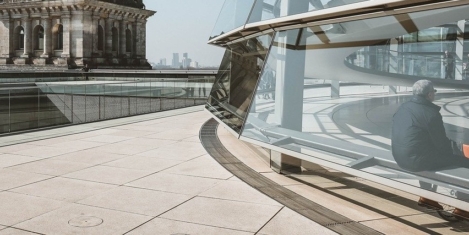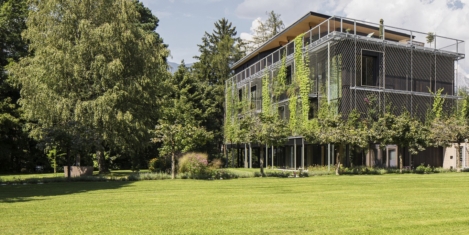To provide the best experiences, we use technologies like cookies to store and/or access device information. Consenting to these technologies will allow us to process data such as browsing behaviour or unique IDs on this site. Not consenting or withdrawing consent, may adversely affect certain features and functions.
The technical storage or access is strictly necessary for the legitimate purpose of enabling the use of a specific service explicitly requested by the subscriber or user, or for the sole purpose of carrying out the transmission of a communication over an electronic communications network.
The technical storage or access is necessary for the legitimate purpose of storing preferences that are not requested by the subscriber or user.
The technical storage or access that is used exclusively for statistical purposes.
The technical storage or access that is used exclusively for anonymous statistical purposes. Without a subpoena, voluntary compliance on the part of your Internet Service Provider, or additional records from a third party, information stored or retrieved for this purpose alone cannot usually be used to identify you.
The technical storage or access is required to create user profiles to send advertising, or to track the user on a website or across several websites for similar marketing purposes.
 It’s not happening quickly enough for some and too slowly for others, but most companies are in the midst of managing a return to work and grappling with a very different post COVID-19 world and what it means for employees. HR professionals are paying close attention to how well employees are faring and are looking to build new forms of employee care into company cultures and values. But maybe there is something more they can do to foster employee trust and safety? More →
It’s not happening quickly enough for some and too slowly for others, but most companies are in the midst of managing a return to work and grappling with a very different post COVID-19 world and what it means for employees. HR professionals are paying close attention to how well employees are faring and are looking to build new forms of employee care into company cultures and values. But maybe there is something more they can do to foster employee trust and safety? More →



































September 2, 2020
Remote work and the coming race to the bottom
by Mark Eltringham • Comment, Wellbeing, Working lives